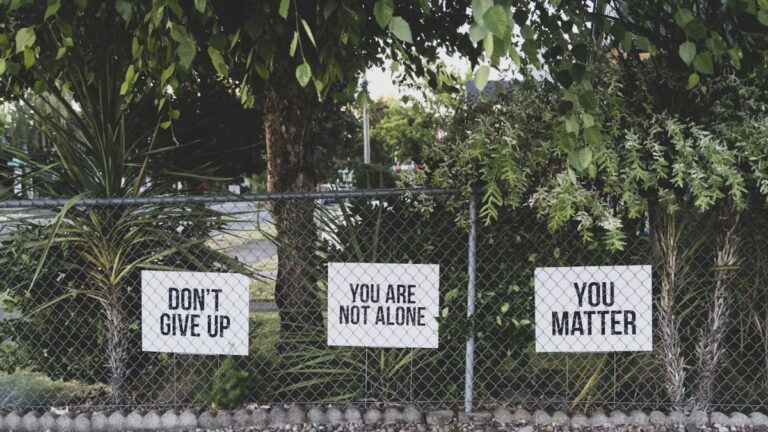Did you know more than one in five U.S. adults is diagnosed with a mental illness? Another one in 25 lives with a serious mental ailment such as bipolar or schizophrenia.
Mental health, once taboo and spoken about in hushed tones, is becoming as important as physical health. And yet, millions of people around the globe suffer in silence because they’re too scared to ask for help or it isn’t accessible to them.
Mental health counselors bridge this divide. These licensed professionals treat cognitive and behavioral aspects of the human condition.
They provide one-on-one or group sessions. You might even have visited your local school counselor a few times.
As mental health advocates, they work on holistic treatment plans to teach people how to cope and give them the tools to deal with stressful situations.
If the idea of helping people on a psychological level appeals to you, studying for your degree as a mental health counselor could be a worthwhile career choice.
Who is a Mental Health Counselor?
Seeking quality care is a necessity for many who suffer from depression or anxiety. Most people think a psychologist or psychiatrist fills the role. A mental health counselor is typically the key to getting the help you need.
Their job entails assessing and treating emotional disorders, relationship hurdles and mental challenges. Using various psychotherapy methods, these mental health specialists work with patients to bring about meaningful change.
Often, counselors specialize in certain areas, but most are qualified to deal with anxiety, depression, substance abuse and personality disorders.
In many instances, people confuse a counselor with a therapist. The key difference is licensing.
A counselor holds an L.M.H.C. (Licensed Mental Health Counselor), L.C.S.W. (Licensed Clinical Social Worker), or L.P.C. (Licensed Professional Counselor) credential. A therapist is licensed in marriage and family therapy.
What Are the Qualifications Needed?
The traditional pathway to becoming an L.M.H.C. is to study for an undergraduate degree in psychology or sociology.
To become a licensed counselor, most states require a masters in counseling. Thanks to the internet, online master’s in counseling programs are becoming the preferred choice for students.
The coursework equips you with the tools to support communities and schools. Students who have a bachelor’s degree can choose one of the following specialized practice options:
- Clinical mental health counseling
- School counseling
- Dual mental health and school counseling
The beauty of doing an online program is that you can complete all your coursework online; no campus visits are required.
An integral part of the program is internship field experiences. Walsh University says this practical study model helps students build experiential hours to gain licensure.
Because all courses are done remotely, the programs can be completed in over three years.
Remember, the institution must be accredited by the Council for Accreditation of Counseling and Related Educational Programs (CACREP).
The final step is to pass one or more National Board for Certified Counselors (NBCC) exams. Next, you must apply for a mental health license in your state.
Mental Health Specializations
Many professionals opt to focus on one or more specialized areas.
Substance Abuse Counseling
Mental health counselors who choose this route work with patients with a substance abuse problem. In some cases, because the abuse affects not only the patient, families are included in therapy and treatment processes.
Behavioral Disorders
When a behavior disorder disrupts your daily life, it’s best to see a mental health professional. Younger people are treated by these counselors when diagnosed with attention deficit hyperactivity disorder (ADHD) or oppositional defiant disorder (ODD).
Licensed Mental Health Counselor (LMHC)
An LMHC addresses a myriad of mental health issues and develops treatment plans to help their clients live with their conditions by devising coping mechanisms.
Why the World Needs Mental Health Counselors
The pandemic may have happened years ago but many are feeling the aftermath. High unemployment rates, isolation and general melancholy have caused thousands of people to seek help.
The demand for mental health counselors will always be high. The Bureau of Labor and Statistics (BLS) says the field will grow by 25% by 2029 – faster than the national average for other professions.
Working in mental health takes a certain type of individual. You must be emotionally equipped to take on other people’s problems. Sometimes, it will feel like you’re working against a tide of misinformation and ignorance.
Don’t let that dissuade you from pursuing a career as a mental health counselor. It’s one of the most rewarding jobs.

